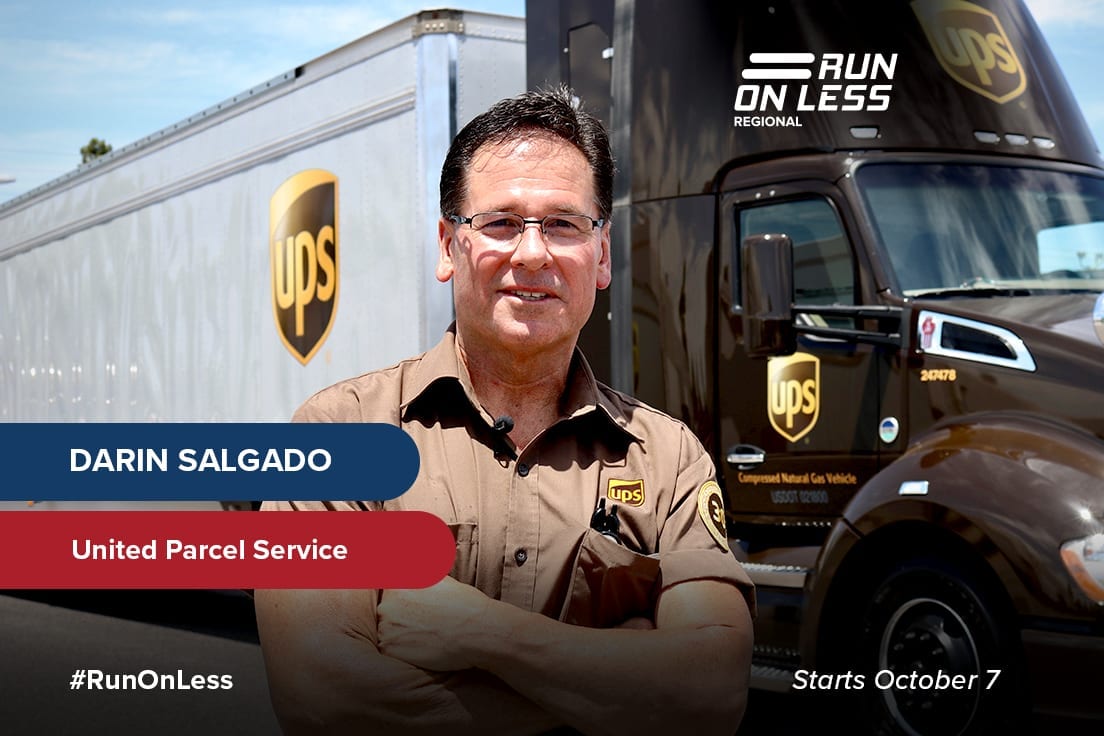Regional haul is not typically the sector of the trucking industry that gets talked about very often. However, regional haul is growing in importance and about 45% of truck manufacturers’ production is now dedicated to day cabs—the trucks used most frequently in regional haul applications.
Because trucks used in regional haul are typically home on a regular basis—in some cases each day—these vehicles lend themselves to being first to implement and test new technologies.
Shorter and more predictable routes synonymous with regional haul mean greater opportunity for electric and alternative fuel vehicles.
In an attempt to get a better understanding of the regional haul market, the North American Council for Freight Efficiency (NACFE) recently prepared the report More Regional Haul: An Opportunity for Trucking? One of the report’s findings was that the shorter and more predictable routes synonymous with regional haul mean greater opportunity for electric and alternative fuel vehicles.
This fall, NACFE is conducting Run on Less Regional, a three-week road show focusing on fuel efficiency in the regional haul segment of the trucking industry. Ten fleets are participating in the Run, including a UPS truck powered by a Cummins Westport natural gas engine.
As part of the Run, NACFE will host three technology days focusing on innovations that have the potential to substantially impact regional haul. The technology days will take the form of a series of webinars, moderated by NACFE’s Executive Director Mike Roeth.
NACFE will host three technology days focusing on innovations that have the potential to substantially impact regional haul.
The first technology day webinar will focus on answering the question, “Is Hydrogen a Viable Truck Fuel?” Taking place on Tuesday, October 8, the webinar’s panelists will discuss the viability of hydrogen and fuel cells for commercial trucking. The webinar panelists include:
- Bill Cherry, Director National Accounts, Nikola Corporation
- Michael Peters, Hydrogen Systems Researcher, National Renewable Energy Laboratory (NREL)
- Alan Mace, Market Manager, Heavy Duty Ballard Power Systems, Ballard
- Matthew Blieske, Global Hydrogen Product Manager, Shell
They will answer questions including:
- Why are hydrogen fuel cell trucks needed?
- What is the state of heavy-duty fuel cell test vehicles today?
- When will fuel cell trucks be in production and available to purchase?
- What’s different about hydrogen infrastructure and electric infrastructure?
- Where will fuel cell commercial trucks be in five years? In 20 years?
The second webinar, on Tuesday, October 15, will explore the topic, “Can Connectivity Improve Trucking Efficiencies?” The panel includes:
- Brendan Wiggins, Fleet Analytics Manager, PepsiCo
- Robert Samuel, EBU Digital Commercial Director, Cummins Inc.
- Rod McLane, VP Marketing and Customer Success, Peloton
- Amit Saini, VP Enterprise AI Services, Noodle.ai
The panelists will discuss a variety of topics on connectivity including:
- What does “connectivity” mean in freight trucking?
- What are the key challenges for these new technologies?
- What are key performance indicators to watch related to connectivity?
- What is the state of connectivity in vehicles today?
- How is connectivity related to reducing emissions?
- Where will connectivity be in five years? In 20 years?
The final webinar, on Wednesday, October 23, gathers industry experts who can provide insight into the question, “How Far Will Commercial Battery Electric Vehicles Go?”
Panelists include:
- James O’Leary, Vice President, Fleet Services, NFI Industries
- Alexander Voets, eMobility Product and Sales Strategy Manager, Daimler Trucks North America
- Amanda Phillips, General Manager OEM Sales, Meritor
- Justin Bardin, Sr. Project Manager, Operations eMobility, Customer Programs & Services, Southern California Edison
To help determine the potential of commercial battery electric vehicles (CBEVs) in trucking, panelists will focus on questions including:
- Why are battery electric trucks needed?
- What duty cycles are best suited for CBEV trucks?
- What is the state of heavy-duty battery electric test vehicles today?
- When will CBEV trucks be in production and available to purchase?
- How will sufficient electricity be made available for charging?
- What factors need to be considered in scaling charging infrastructure?
- Where will commercial battery electric trucks be in five years? In 20 years?
All three one-hour webinars will take place from 2 pm – 3 pm ET (11am – 12pm PT).
The webinars are free and registration is now open at http://subscribe.act-news.com/nacfewebinarseries.



